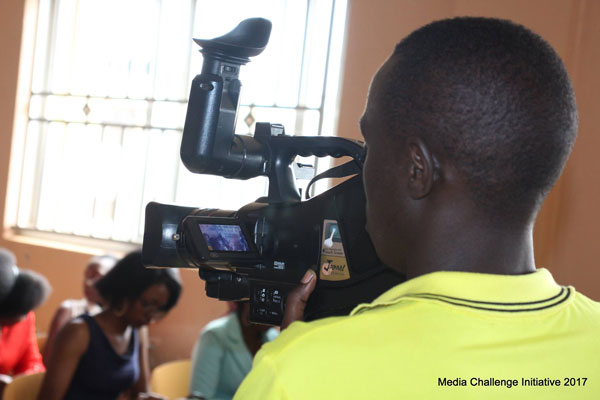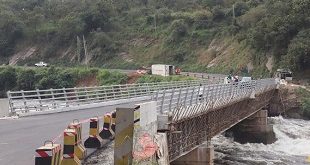
Mentorship
DW on Oct. 20 held a workshop in Nakulabye, near Makerere University in Kampala for people it calls mentors. These are practicising journalists working for radio stations and work with and groom the community reporters.
Prossy Kawala, Director of Media Initiatives at CEMOCD told The Independent that through its partnership with DW, CEMCOD trains community reporters on journalism basics.
At the Nakulabye workshop, the mentors discussed the concept of community reporting, the role of mentors, and the challenges they face.
“These mentors are the professionals and some of the young people we are working with as community reporters are semi-illiterate who have not even done any journalism courses but we are involving them to do what mainstream media is doing,” Kawala explains.
She says CEMCOD emphasizes service delivery in the training and the young reporters are encouraged to find solutions for the problems in their own communities. Kawala says CEMCOD also partners with different radio stations to hold community interface meetings.
Olsen also described such a session that she participated in recently in Bugembe in Jinja, eastern Uganda.
“There was the mayor, the police and prisons representatives, and some from the ministry of education,” she said, “all these decision makers sitting there, discussing the findings of the community reporters.”
One of the mentors described how government officials, mainly Resident District Commissioners (RDCs) like to issue orders banning discussions on radio of contentious political issues, including the Land Amendment Bill.
He says the situation is complicated since most radio owners tend to be politicians who push their agendas through the media they own. Other challenges they cite faced by the rookie reporters include lack of access to information to information regarding sexuality and reproductive health and ignorance of their rights as journalists to, for example, access public offices for information or make general inquiries.
On the same day, DW also held a training of students at the nearby UMCAT School of Journalism in Mengo. Two second year students at the school; Charity Nayebare and Joan Mukoda could not hide their excitement about a radio training they have recently completed.
“They taught us live anchoring and how to do features and VOX pops,” one of them explained.
Inside one of the classrooms at UMCAT, another training partnered with DW Akademie is ongoing for television anchors. They were also trained on how to use radio software, conduct interviews, and how to address studio guests. For the radio sessions, DW flies in a longtime radio producer who works with DW TV in Germany to come in in once a while to conduct the trainings alongside a Ugandan colleague.
Declining freedom
DW Akademie is training journalist at a time when the general situation of media freedom in the country remains dire. In 2017, Uganda dropped 10 places from 102 to 112 out of 180 countries, according to the World Press Freedom Index released in May. Attacks on journalists that shot up before and after the 2016 presidential election were the main cause. The election period saw increased threats to close down media outlets, Internet cuts, and verbal and physical attacks on reporters, especially those covering the opposition politicians.
“Acts of intimidation and violence against journalists are an almost daily occurrence in Uganda,” said Reporters Without Borders (RWB) which publishes the survey.
It added that “many journalists who do not toe the government line have been suspended, stripped of their equipment, or badly beaten by ruling party members or security agents.”
Edward Sekyewa of Hub for Investigative Media, one of the partners of DW Akademie, says the organisations helps journalists navigate the existing legislation as they do their work but added that how journalists ultimately do their work is upon them.
 The Independent Uganda: You get the Truth we Pay the Price
The Independent Uganda: You get the Truth we Pay the Price



We are truly grateful to Dw-Akademie for this noble and timely cause that is geared towards tackling a number of issues across the media devide and that will bring on board a number of young people to have a say in their development Agenda.